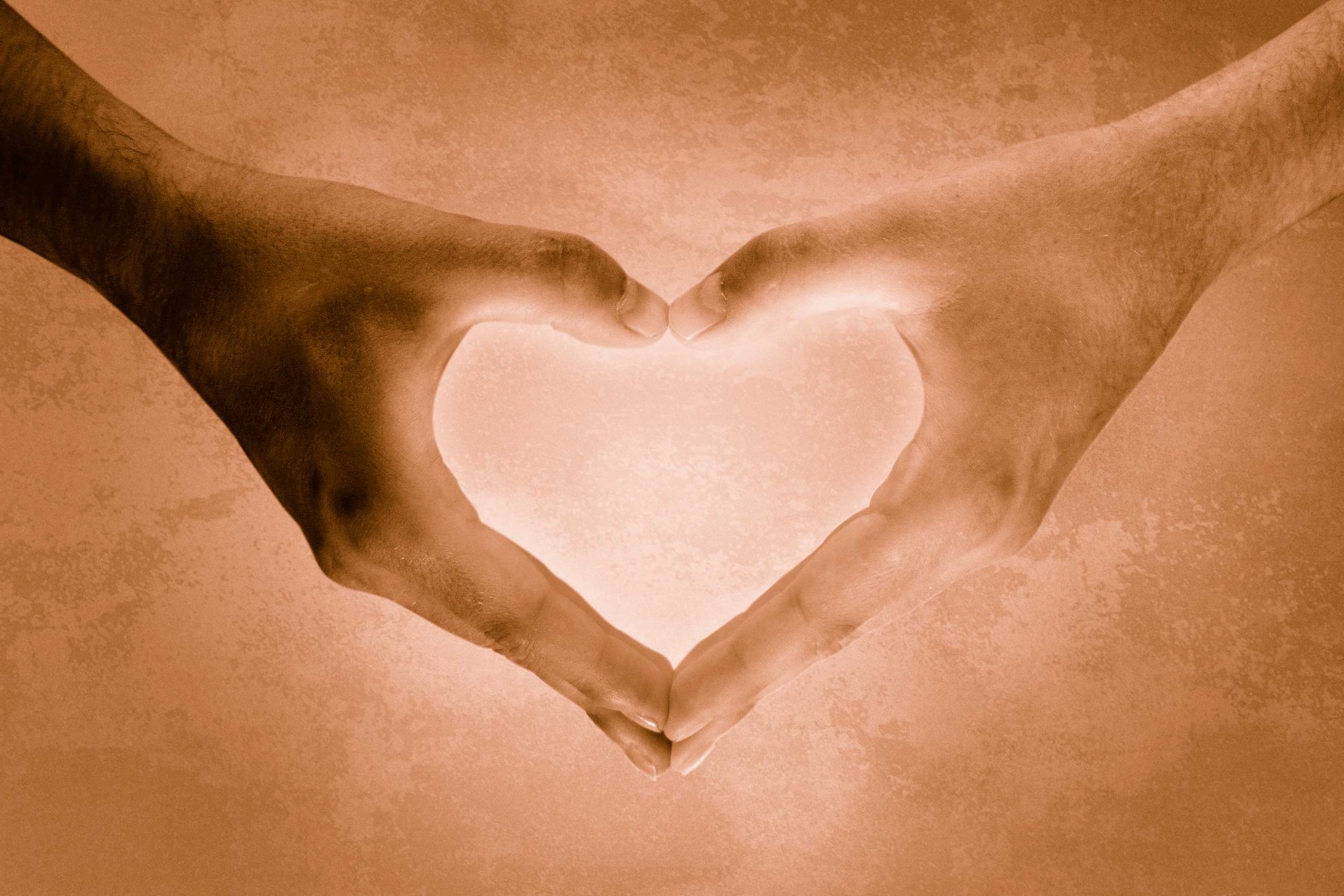Causing pain and discomfort to another person is frightening and stressful for any victim of it. Actions may include pushing, shoving, punching, kicking, strangling, choking, burning, slapping, confinement, holding a person down, and much more.
Physical violence is bad enough, which is why psychological violence is such a concern. Psychological violence is the threat of harm a person may use in order to gain control of someone. Some examples of psychological violence include:
- Threatening physical harm to you or loved ones
- Aggressive verbal abuse
- Social isolation
- Destroying private property
- Terrorizing, belitting or neglect
You can see that, although there is no actual physical violence, the actions above might cause someone enough fear to remain in the control of the person imposing the actions. Basically, any action that makes a person feel worthless, weak, unloved or unwanted.
The damage done by psychological violence is real trauma, just like physical trauma, provoked by the emotional distress. It has been studied that non-physical bullying can have as much of a long-term psychological effect on a person as physical bullying does. In fact, this type of abuse can result in educational problems, socialization problems, and disruptive behavior throughout all stages of life.
US surveys have revealed that 8% to 9% of women and 4% of men reported “severe” psychological abuse as children. Other have found that more adults are claiming to have faced psychological violence as kids than they claim other types of abuse, suggesting that this type of mistreatment may be the most common type of abuse of kids.
How children react to psychological trauma
- Regression. Children might revert to an earlier stage in their life when they felt more cared for. For example, a younger child might start to wet the bed or ask for a bottle. Older children might fear being alone.
- Thinking the event is their fault. This is especially true in children age eight and younger. They tend to think when something goes wrong, it is probably their fault.
- Sleep disorders. Some kids have trouble sleeping when they are under psychological distress. They might wake up several times during the night or have bad dreams.
Signs and Symptoms
The best way to know if someone is suffering from psychological violence is to look for some key signs and symptoms coming from the victim:
- Insomnia or nightmares
- Startled easily
- Aches and pains
- Fatigue
- Difficulty concentrating
- Muscle tension
- Racing heartbeat
- Edginess and agitation
- Withdrawing from others
- Anger, irritability, mood swings
- Anxiety and fear
- Feeling disconnected or numb
- Guilt, shame, self-blame
- Feeling sad or hopeless
If you notice any of the above signs, you may be looking at someone who is in need of some help.
http://www.gov.nl.ca/VPI/types/index.html
http://www.workplacebullying.org/2009/05/04/workplace-bullying-psychological-violence
http://philosophy.about.com/od/Philosophy-Now/a/What-Is-Psychological-Violence.htm
http://www.helpguide.org/mental/emotional_psychological_trauma.htm
